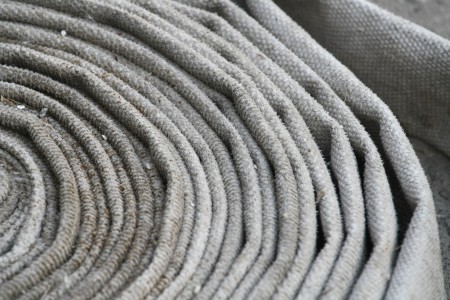According to the BBC, the climate-linked mountain pine beetle epidemic in British Columbia is threatening to spread south and west, into the United States. Forests with a mixture of species and small regular fires would be more resilient, overall.
In addition to mentioning the importance of warm winters in aiding the spread of the insects, the article describes how past fire suppression policies have produced huge areas of mature lodgepole pine, which are especially susceptible to the beetles.
The continuing spread represents not only an economic and environmental cost linked to climate change, but also a potentially serious positive feedback effect. It is estimated that Canada’s boreal forests alone contain about 186 billion tonnes of carbon dioxide equivalent: an amount equivalent to about 25 years of global emissions at the present level.


I guess the pine beetle does not recognize borders. Are the US forests equally vulnerable, especially considering that our hope for the BC forests includes sustained cold weather which could be harder to achieve the further south we proceed.
In June I completed a week of cycling in BC and Washington m including 5 days south of the border. I noticed the apparent lack of pine beetle induced red forests.
PS to cyclists wishing to bicycle tour in BC and Washington, you may wish to consider more south of the border as it seemed that motor vehicular traffic is less south of the border and the riding can be quite good.
Is human-caused climate change killing the great forests of the American West?
Montana entomologist on bark beetles: “A couple of degrees warmer could create multiple generations a year. If that happens, I expect it would be a disaster for all of our pine populations.”
March 16, 2010
Climate change inherently favors invasive pests. On the one hand, milder winters since 1994 have reduced the winter death rate of beetle larvae in places like Wyoming from 80% per year to under 10%. On the other hand, hot-weather uber-droughts — aka “global-change-type droughts” — have made trees weaker, less able to fight off beetles.
Forest Ecology and Management just published a major new study by 19 researchers around the word, “A global overview of drought and heat-induced tree mortality reveals emerging climate change risks for forests.” Its key conclusion — that human-caused climate change is already killing forests, releasing carbon, and amplifying warming — will be a shock only to the anti-science crowd.